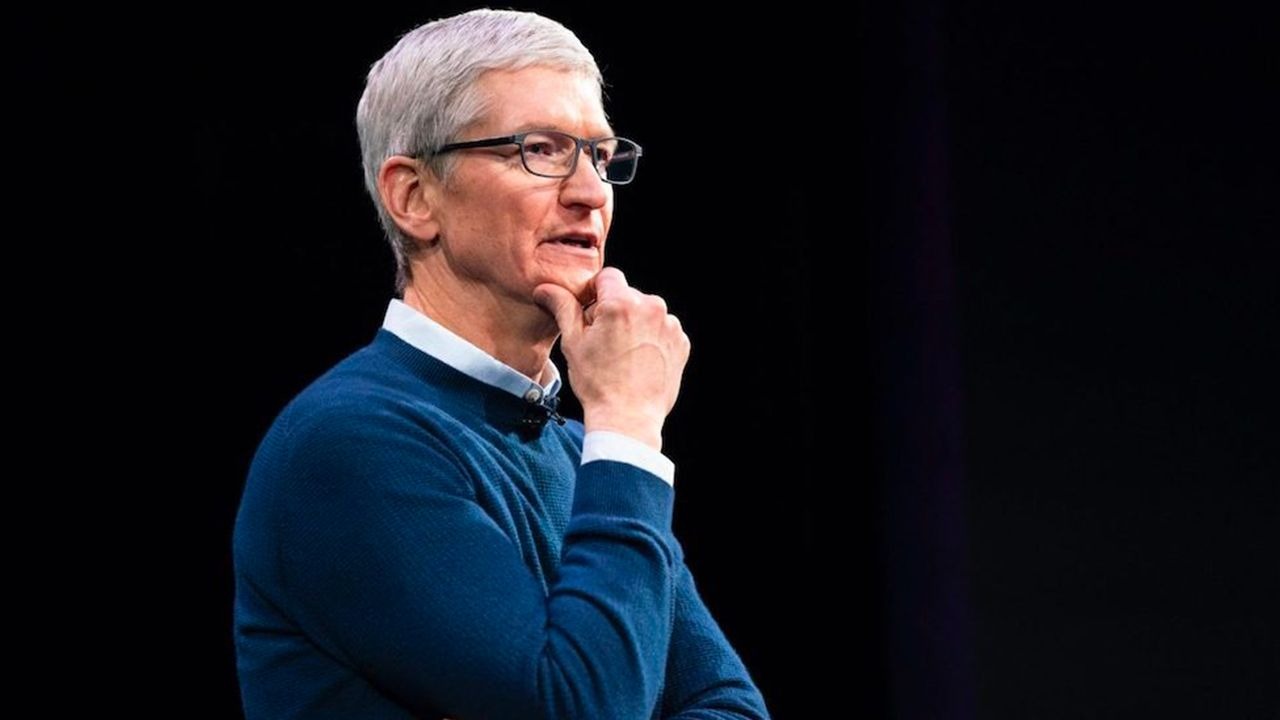Apple called Android a ‘massive tracking device’ before the iPhone’s privacy push
But at least Cupertino practices what it preaches

Apple isn’t usually a company to throw stones at others for tech adoption or lack thereof – rather the Cupertino lot tends to practice reality distortion, hyping up tech that's been integrated into the latest iPhones while ignoring the fact that Android devices have had it for years; *cough* iPhone 15 USB-C *cough*.
But there are also times that Apple does indeed practice what it preaches, such as having a robust privacy policy. What sparked this observation is an internal presentation that has surfaced in an ongoing Google antitrust trial (hat tip to The Verge), which saw Apple declare that Android is “a massive tracking device.”
This all came from a presentation in which Apple formulated a push for “Competing on Privacy” with the idea of better handling data privacy compared to the likes of Facebook, Google, Amazon, and Microsoft. And Android as a platform appears to get really singled out.
Of course, both Android and iOS devices tend to track their users in some way or another, the idea being to serve up more personalized recommendations and adverts and just generally fuel a variety of services from mapping to payments.
To Apple’s credit, it didn’t just throw shade at Android: it has taken privacy to heart. For example, Apple products require users to give apps and services permission to track them for advertising purposes, rather than have an opt-out approach.
Pushing privacy
In my experience, iPhones tend to be a lot more judicious and finickity when it comes to enabling certain permissions and flagging data collection policies, whereas Android phones seem a lot happier to suck up data.
As someone who enjoys looking back over Google Maps’ Timeline feature to figure out where I may have wandered to after a few too many alcoholic drinks, I tend to be okay with some of the tracking Google apps and Android as a whole carry out. And I don’t mind that the likes of the Google Pixel 8 Pro could use my data to make its AI features even smarter.
Sign up for breaking news, reviews, opinion, top tech deals, and more.
But there are others who prefer to keep a lower profile and limit the tracking and data gathering big tech companies can do. Often I’ll have conversations with people who think their social profiles and internet footprint are minimal only for me to show how an app like Instagram can find profiles if partially linked to WhatsApp.
So Apple’s bullish approach to privacy is one to be applauded, even if it’s far from perfect. It’s also worth noting that Android has shored up its privacy practices too, with more controls and prompts to share data access and tracking rather than requiring people to opt-out after the fact. Various phone makers have also added privacy controls on top of Android, to give users further control over their data should they need it.
You might also like
Roland Moore-Colyer is Managing Editor at TechRadar with a focus on phones and tablets, but a general interest in all things tech, especially those with a good story behind them. He can also be found writing about games, computers, and cars when the occasion arrives, and supports with the day-to-day running of TechRadar. When not at his desk Roland can be found wandering around London, often with a look of curiosity on his face and a nose for food markets.